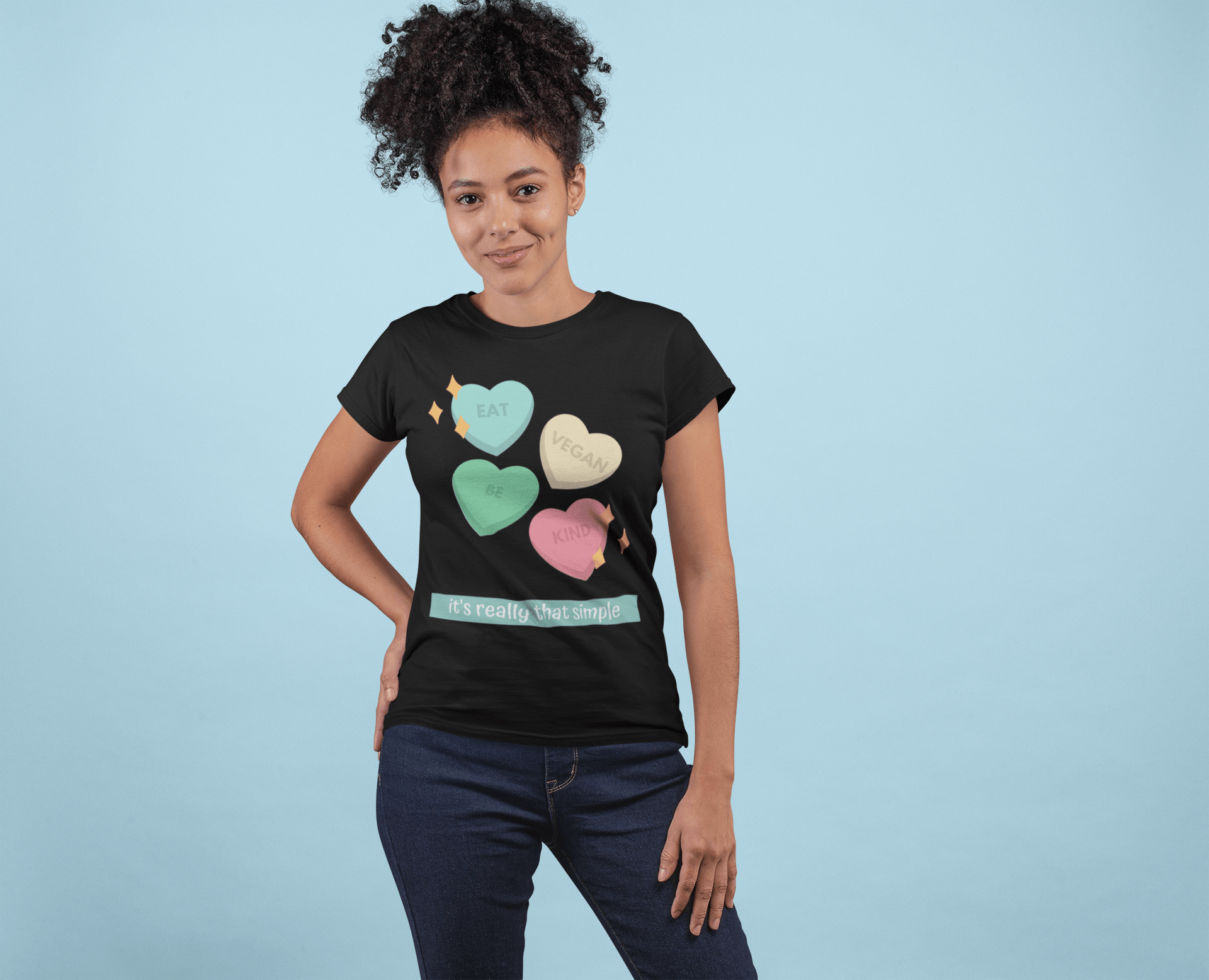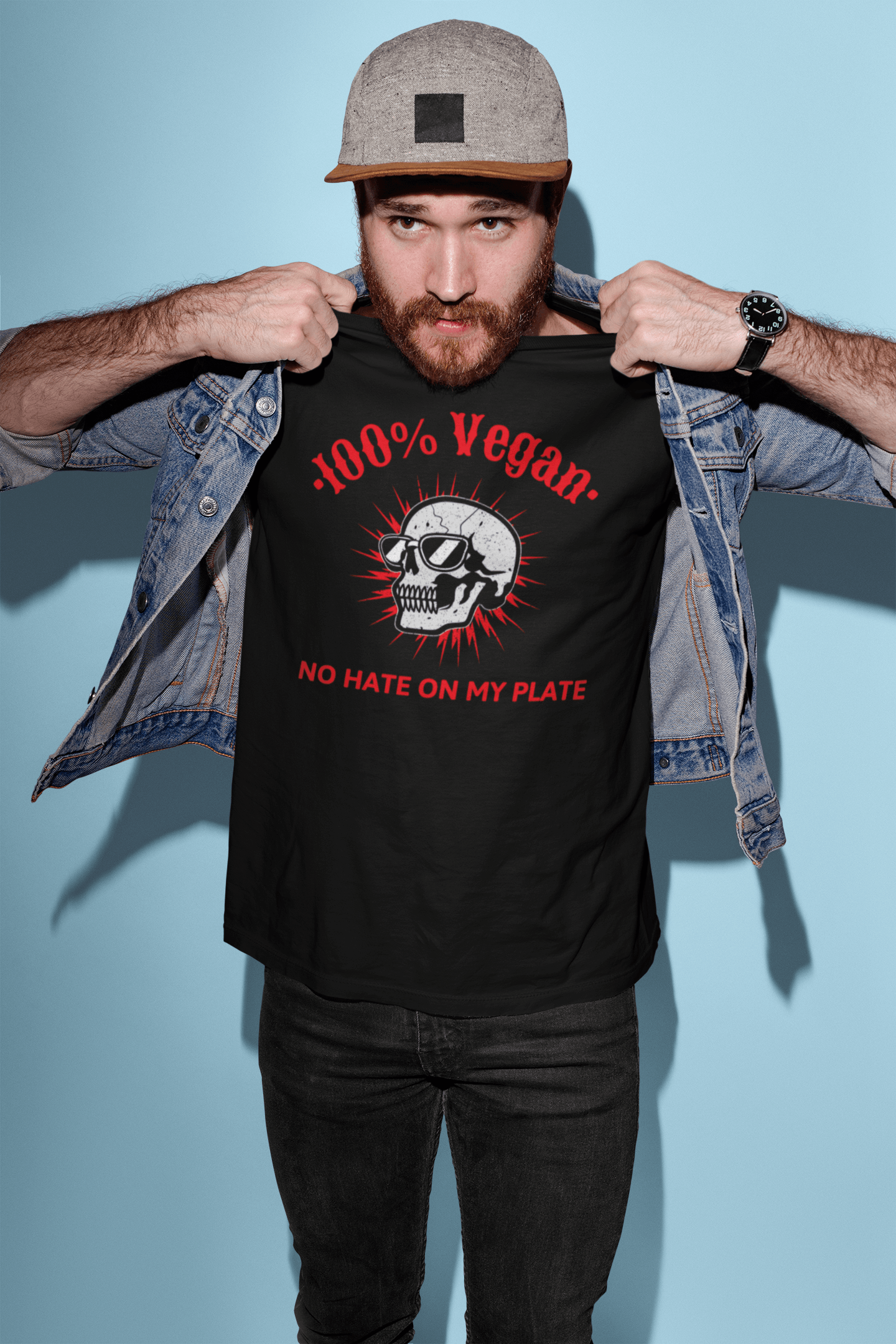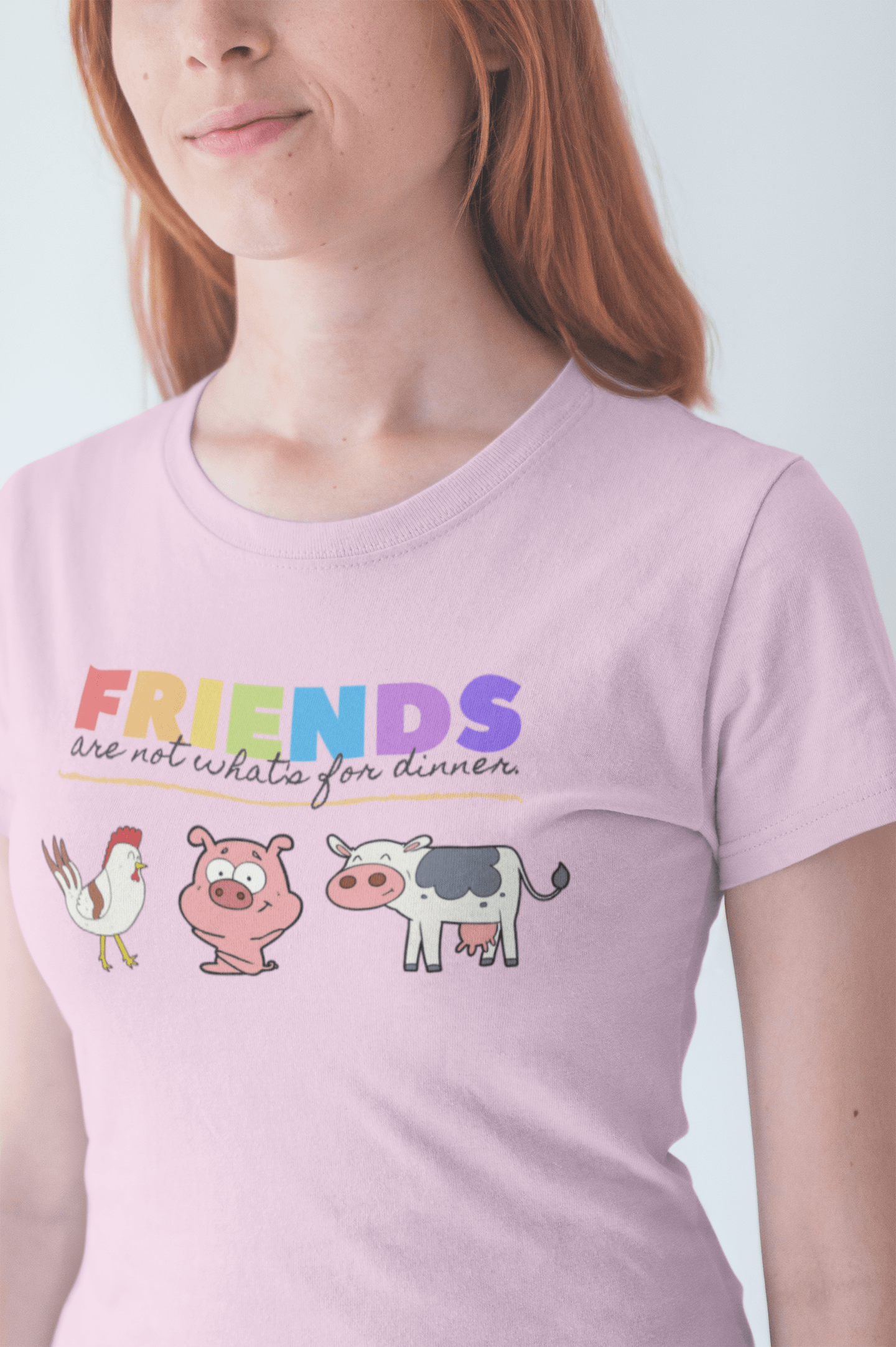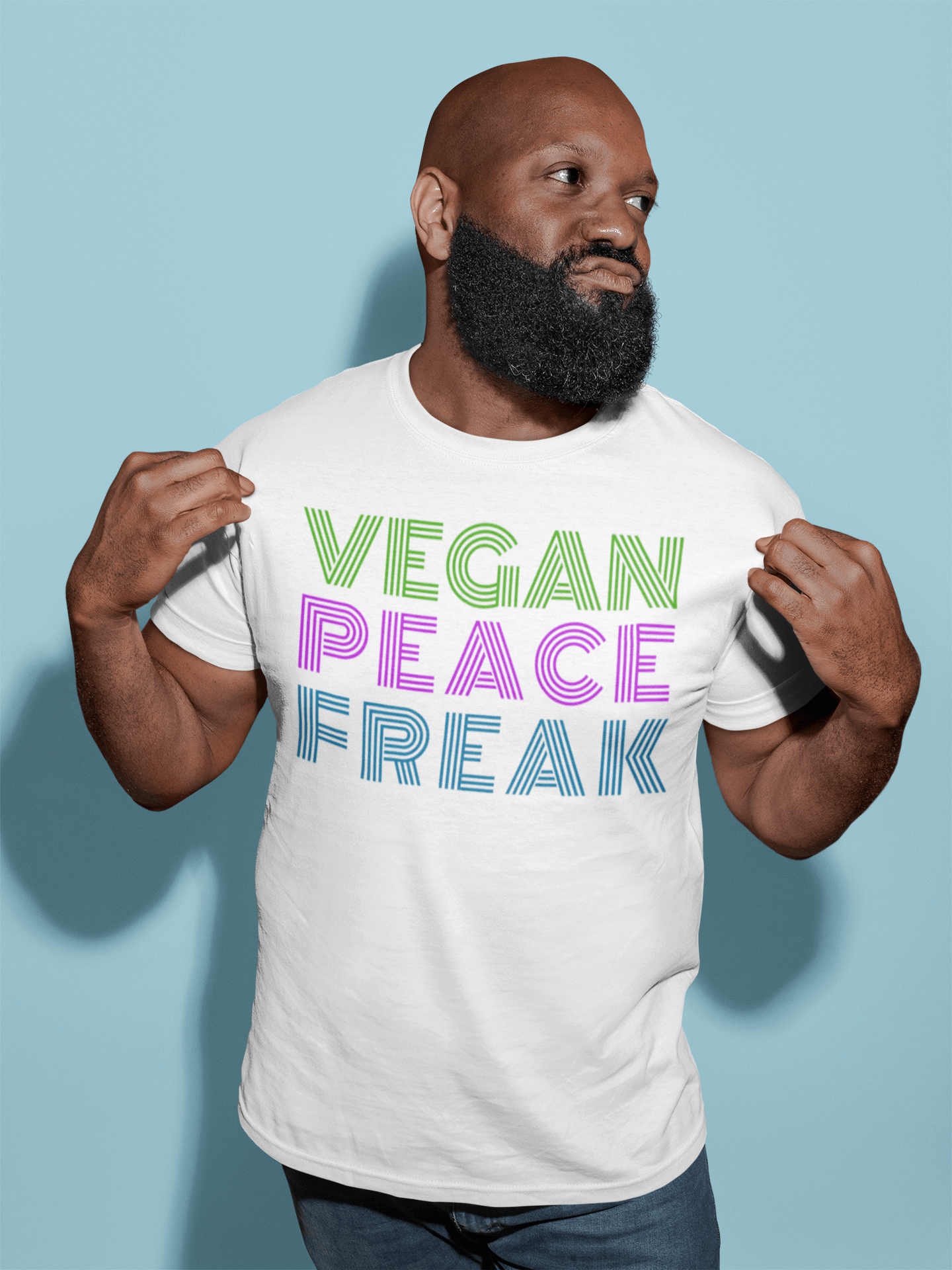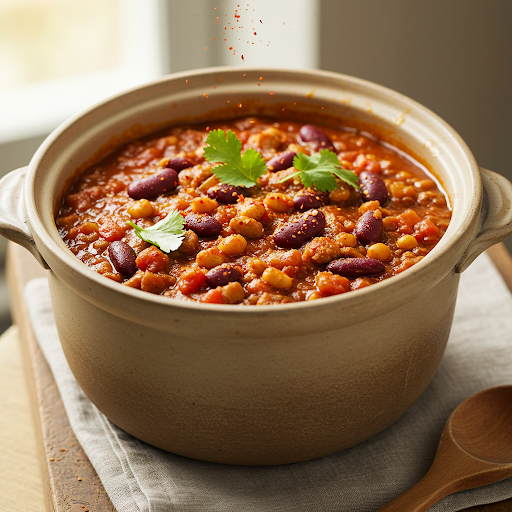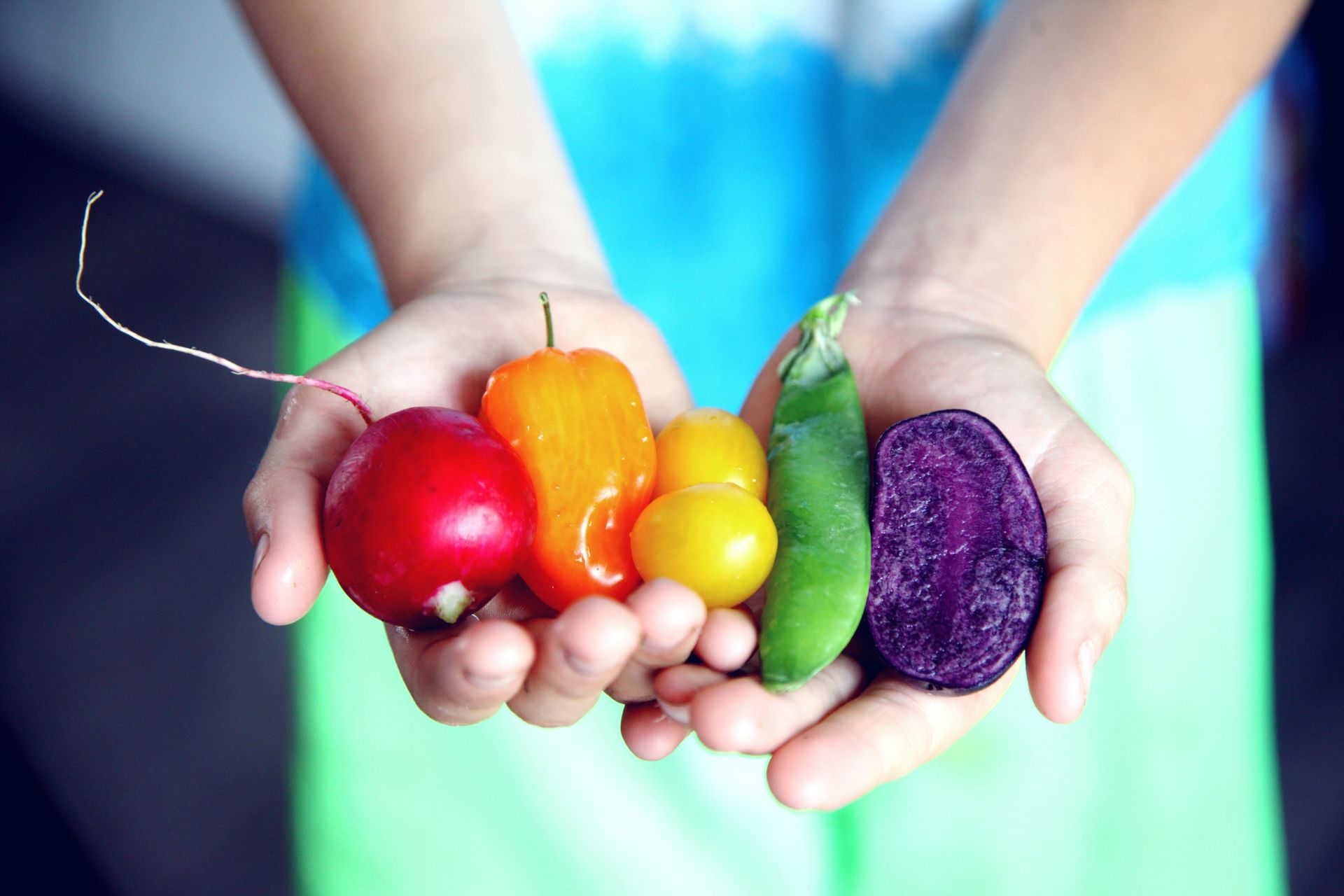Understanding Resistance to Veganism: Compassionate Responses for Heartfelt Conversations
Breaking Barriers with Kindness: How to Address Common Veganism Concerns with Compassionate and Thoughtful Dialogues.

Many vegans encounter resistance when discussing their lifestyle with others. The reasons for this resistance are as varied as the individuals who express them. For those committed to veganism and seeking meaningful, non-confrontational dialogues, understanding these objections can be the key to fostering empathy and opening hearts. Here, we explore some common reasons people resist veganism and offer kind, thoughtful responses that address their concerns with compassion and logic.
1. “I love the taste of meat too much to give it up.”
Taste is a deeply personal experience, and many non-vegans fear losing foods they’ve enjoyed their entire lives.
Compassionate Response: “I understand how much food can mean to us; it’s tied to so many memories and comforts. When I went vegan, I discovered so many delicious alternatives that satisfied my cravings. Have you ever tried a plant-based burger or homemade jackfruit BBQ? It’s amazing how far these options have come—you might find you enjoy them just as much!”
By framing the conversation around discovery rather than deprivation, you’re inviting curiosity rather than defensiveness.
2. “Humans have always eaten meat.”
This appeal to tradition often stems from a sense of cultural identity or the belief that historical practices justify current ones.
Compassionate Response: “You’re right that eating meat has been part of human history for a long time. But so has adapting and evolving as we learn more about our impact on the world. Just like we’ve changed in areas like technology or medicine, we can also change how we approach food to align with what we now know about health, ethics, and sustainability. Veganism feels like the next step in that journey for me.”
Acknowledging the value of tradition while emphasizing progress can encourage reflection without invalidating their perspective.
3. “Veganism is too expensive.”
This concern is especially valid for those facing financial challenges, as perceptions of veganism often center around pricey specialty products.
Compassionate Response: “It’s true that some vegan products can be expensive, but the basics of a plant-based diet—like beans, rice, lentils, oats, and fresh or frozen vegetables—are often some of the most affordable foods available. I’d be happy to share some budget-friendly meal ideas if you’re curious. For me, it’s been about keeping things simple and finding what works within my budget.”
Focusing on accessibility and offering practical advice can help dismantle this misconception.
4. “Veganism isn’t natural.”
This argument often hinges on the belief that humans are biologically designed to eat animal products.
Compassionate Response: “I’ve heard that perspective before, and it’s interesting how much science has taught us about what our bodies really need. There’s a growing body of research showing that a well-planned vegan diet can be not only natural but also incredibly healthy. For me, it’s about choosing the kind of ‘natural’ that aligns with my values of compassion and sustainability.”
This response respects their viewpoint while gently introducing alternative evidence.
5. “I’m worried about getting enough protein.”
Protein deficiency is a common fear, often perpetuated by misconceptions about plant-based diets.
Compassionate Response: “It’s such a common worry, and I had it too when I first went vegan. But I’ve learned that plants provide plenty of protein. Foods like lentils, chickpeas, tofu, tempeh, and even things like oats and broccoli all have protein. If you’d like, I can share some of my favorite high-protein recipes!”
Offering solutions rather than dismissing concerns helps to build trust and interest.
6. “I don’t want to be judged or pressured.”
Many people fear that engaging with veganism means being subjected to criticism.
Compassionate Response: “I hear you. Nobody likes to feel judged, and I think it’s important to respect each other’s journeys. For me, veganism is about living in alignment with my values, not about judging anyone else. If you’re ever curious or want to talk, I’m always here to share what I’ve learned without any pressure.”
Creating a safe space for open dialogue can help dissolve defensive barriers.
7. “I don’t think my small actions will make a difference.”
The enormity of global issues like climate change or animal suffering can make individual efforts seem insignificant.
Compassionate Response: “It can definitely feel overwhelming. But I’ve come to believe that every small action matters. When we choose plant-based meals, it’s like casting a vote for the kind of world we want to see. Plus, it’s amazing how our choices can inspire others to make changes too. Together, those small actions really add up.”
This response emphasizes collective impact while affirming their concerns.
Let's Wrap Up
Resistance to veganism often stems from deeply held beliefs or fears. By approaching these conversations with empathy and respect, vegans can bridge the gap between differing perspectives. Offering thoughtful responses not only counters misconceptions but also plants seeds of curiosity and understanding. After all, the goal isn’t to win an argument—it’s to connect, inspire, and share the journey toward a more compassionate world.
Vegan Gently Blog



